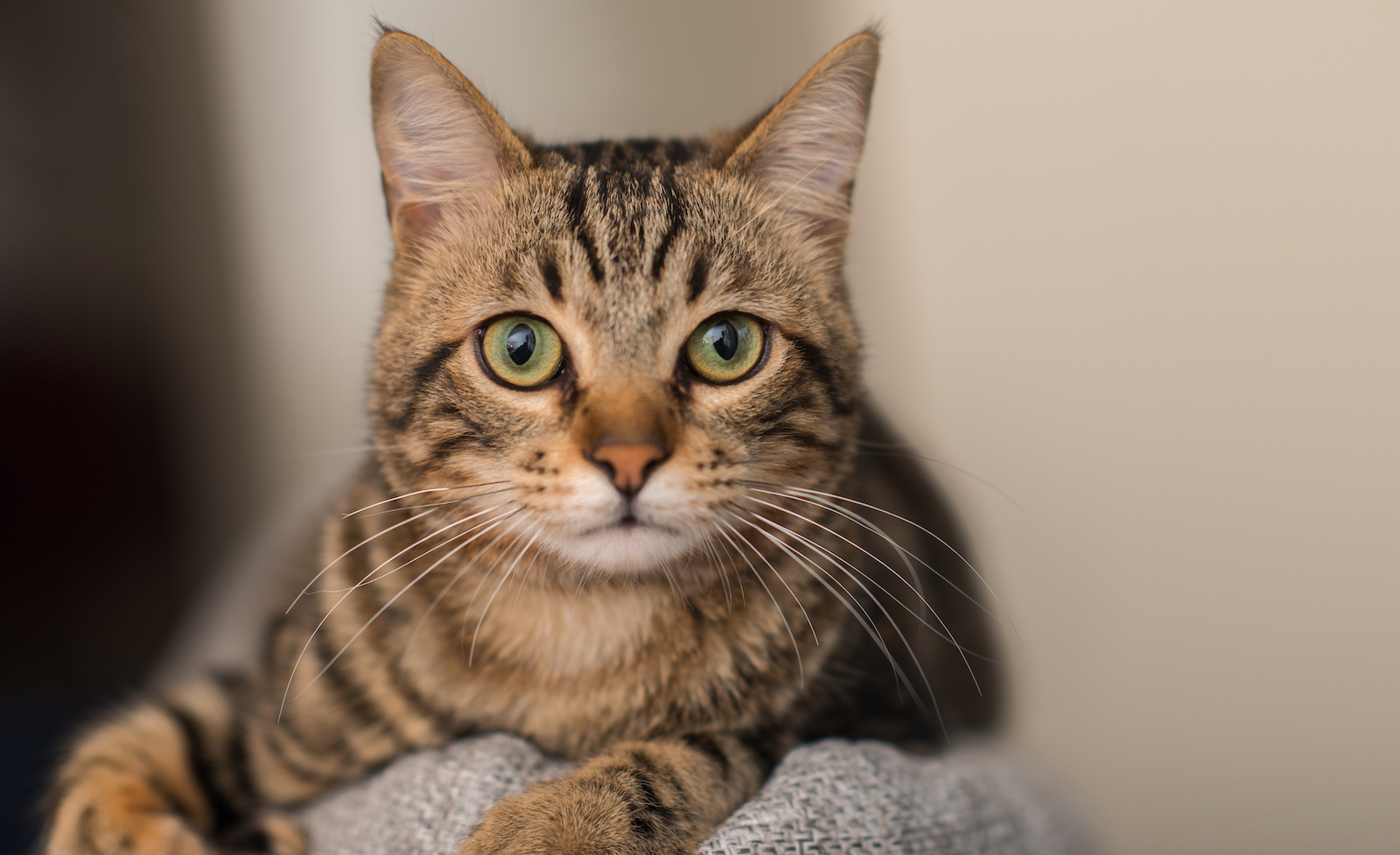FIP is a viral disease of cats that can affect many systems of the body. It is a progressive disease and almost always fatal. It is found worldwide and affects not only domestic cats, but many wild ones as well, including cougars, bobcats, lynx, lions, and cheetahs...

FIP is caused by a virus the F.CoV feline corona virus which is found in the saliva and faeces of infected cats. Risk of exposure is, nevertheless, greatest in enclosed multi-cat facilities and much less via casual contact with neighbouring cats. The least risk is in the single, indoor-only cat.
Therefore, cat-to-cat contact and exposure to faeces in litter boxes are the most common modes of infection. Contaminated food or water dishes, bedding, and personal clothing may also serve as sources of infection. The virus is easily killed by antiseptics.
Standard hygiene practices, cleaning litter boxes regularly, washing food bowls in hot soapy water & washing bedding will kill the virus in the environment.
Young cats (less than two years of age), older cats (over ten years old), cats in poor physical condition, and cats undergoing concurrent infections or stress are more susceptible to FIP. It is a relatively uncommon disease.
Many different strains of coronavirus are capable of infecting cats, but most do not produce serious disease. FIP-producing strains are distinguished by their ability to invade and grow in certain white blood cells. The infected cells transport the virus throughout the cat's body. An intense inflammatory reaction occurs in the tissues where these virus-infected cells locate. It is this interaction between the body's own immune system and the virus that is responsible for the disease.
Usually results in no obvious clinical disease, although some cats may experience a mild upper respiratory disease that is characterized by sneezing, watery eyes, and watery nasal discharge. Some cats may experience a mild intestinal disease.
FIP is often a difficult disease to diagnose because each cat can display different signs that are similar to those of many other diseases.
The most common clinical signs are non-specific and include fluctuating fever, poor appetite, lethargy and weight loss. Sometimes, if the central nervous system is affected, neurological abnormalities are apparent.
My support mix includes Violet leaves, Yarrow, Thuja, White Willow, Slippery Elm, Chamomile, Rosehips, Zizyphus Spinosa, along with the Bach flowers Rescue Remedy, Crab Apple, Larch, Oak and Olive.

